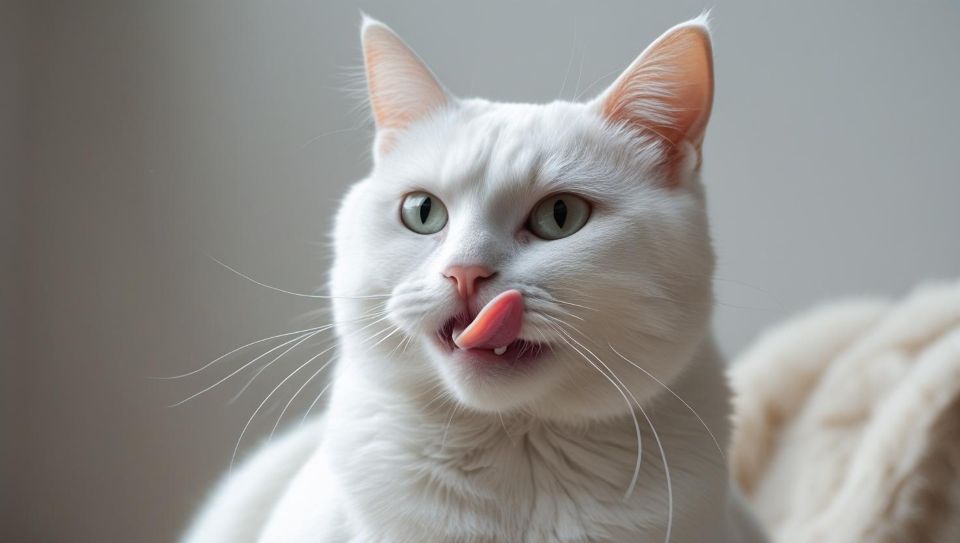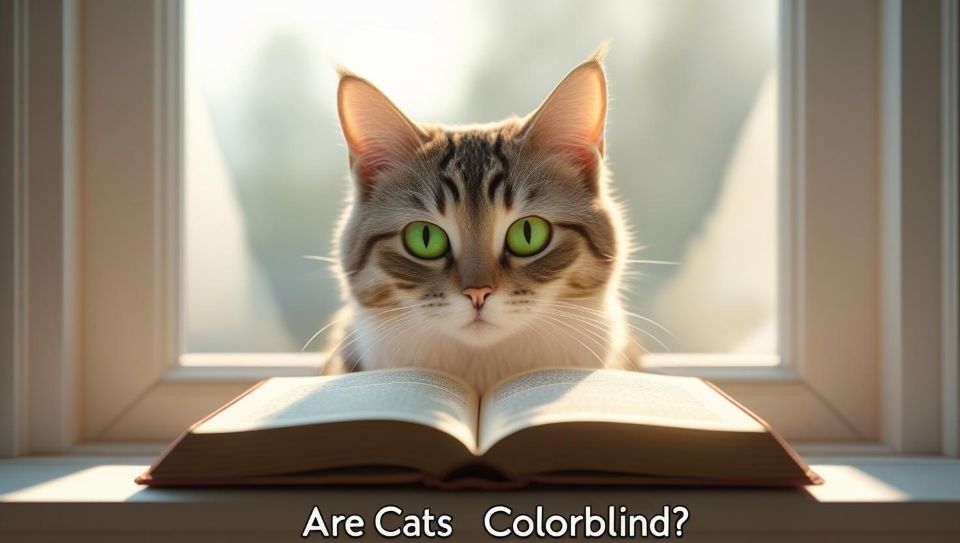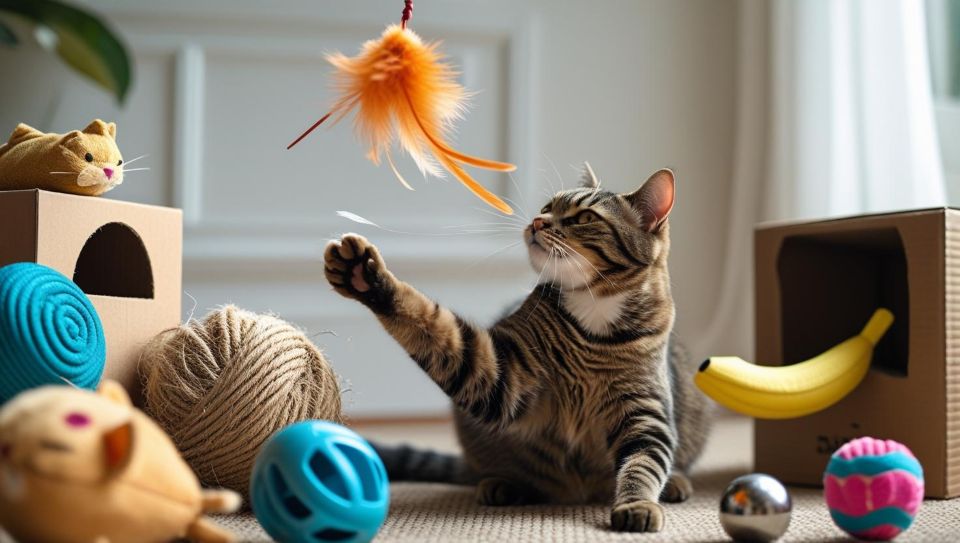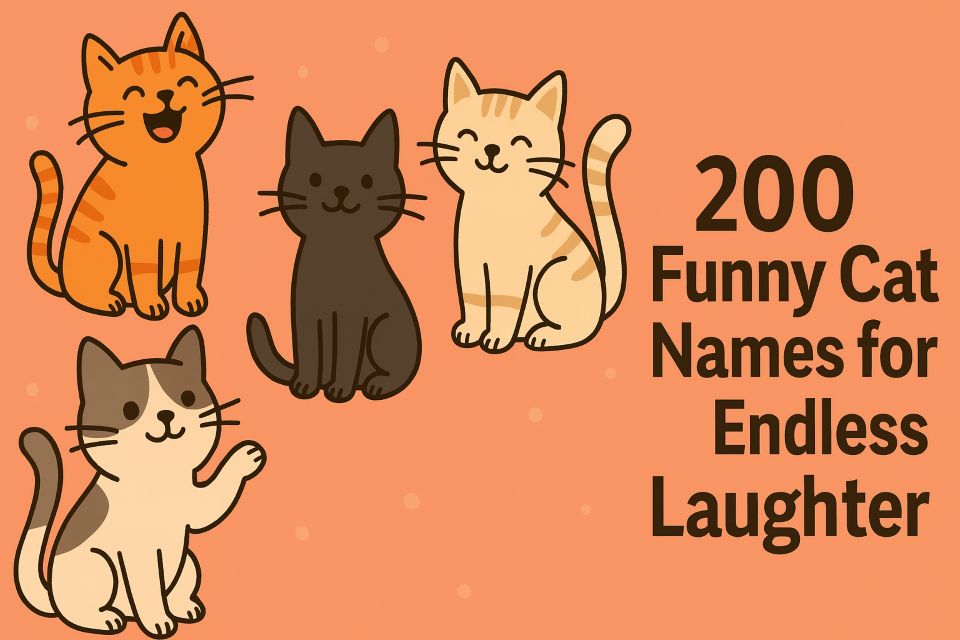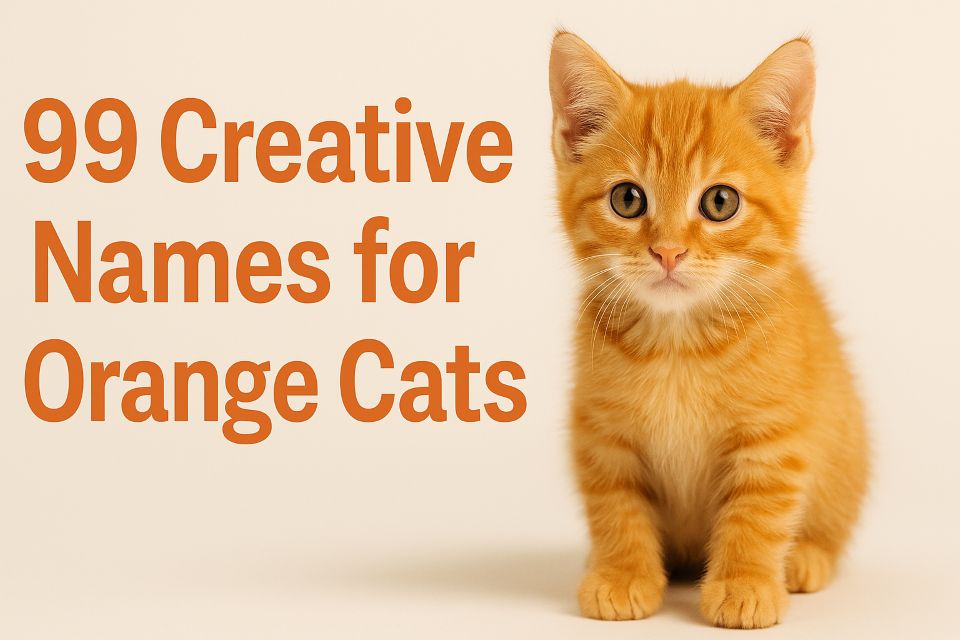If you’re a cat parent, you’ve probably had this moment: you’re snuggled up with your furry friend when suddenly—you feel a little wet spot on your shirt. Yep, your cat is drooling. That might catch you off guard, especially since we usually associate slobber with dogs. So why do cats drool, and is it something to worry about?
The short answer: not always. While it can be a sign of something medical, in many cases, it’s totally normal. Let’s break down the most common reasons behind cat drooling—and when it’s time to call your vet.
Tips:Cats Do Drool—Just Not Like Dogs
Let’s clear this up: cats drool, but not in the same way dogs do. Dogs are practically famous for their wet kisses and puddles of slobber. Cats, on the other hand, are much tidier creatures. Their mouths are smaller, and they instinctively groom away any extra saliva.
Still, that doesn’t mean they never drool. Some cats are secret droolers—especially when they’re completely relaxed or in a super comfy cuddle session.
The “Happy Drool”: When Cuddles Get Too Good
One of the most adorable answers to why do cats drool is simple: they’re just really, really happy.
If your cat starts drooling while purring in your lap, kneading your leg, or soaking up chin scratches, it’s probably what we call “happy drool.” In these ultra-relaxed moments, their muscles—including those keeping their mouths tightly shut—relax, and a little saliva may slip out.
This is especially common in kittens or certain breeds like Persians and Himalayans, whose flat faces make it harder to keep saliva in check.
So, if your cat is drooling during snuggles, making “biscuits,” and looking like the picture of feline bliss, it’s not a medical emergency—it’s just them enjoying life. Cat drooling in this context is totally harmless.
Do Cats Drool When They See Fish?
You might’ve noticed your cat staring at a fish tank or a can of tuna, eyes wide and whiskers twitching—and maybe even a little drool forming at the corners of their mouth. So, do cats drool when they see fish? The answer is: sometimes, yes—and it’s totally normal.
Just like humans might salivate when they smell something delicious, cats can also have a reflex drooling response when they’re excited by the sight or smell of food, especially strong-smelling proteins like fish. This type of anticipation drooling is more common in food-motivated cats or those on strict feeding schedules.
However, this kind of drooling should be brief and only happen around feeding time. If your cat is drooling excessively while looking at fish—or continues to drool long after the food is gone—it could be a sign of an underlying issue, like dental discomfort or nausea, rather than excitement.
So yes, cat drooling when seeing fish can be cute and totally harmless—but as always, context matters. Keep an eye on the behavior, and if it starts happening often or without food nearby, it’s worth checking in with your vet.
Dental Issues: When Drooling Signals a Sore Mouth
Now let’s get into the more serious causes. Dental problems are one of the most common reasons for excessive drooling in cats.
Issues like gingivitis, broken teeth, oral infections, or even painful mouth ulcers can lead to more saliva production and difficulty keeping it inside their mouths.
Look out for these warning signs of cat dental issues:
- Bad breath (worse than usual)
- Chewing on one side only
- Avoiding food, especially kibble
- Pawing at the face or mouth
- Swollen or bleeding gums
If your cat is drooling and showing any of these signs, it’s time to book a vet visit. Dental disease can worsen quickly and even lead to infections spreading to other parts of the body. But don’t worry—most cases are treatable with cleanings, medication, or extractions.
Nausea: When Your Cat’s Stomach is Upset
Feeling queasy? Cats get that too—and when they do, drooling is often one of the first signs. Just like us, when they feel nauseous, they salivate more. It’s the body’s way of protecting the throat and mouth if vomiting occurs.
Some causes of cat nausea and drooling include:
- Hairballs (a classic)
- Eating something strange (houseplants, string, spoiled food)
- Motion sickness (yes, cats can get car sick!)
- Underlying health issues like kidney disease
Watch for lip licking, hiding, vomiting, or a drop in appetite alongside the drooling. If those signs show up together, it’s smart to check in with your vet to rule out anything serious.
Stress or Anxiety: Drooling as a “Freak-Out” Response
Cats are sensitive little creatures. Loud noises, unfamiliar places, or major changes to their routine can stress them out—and some cats respond by drooling when anxious.
Here are a few common triggers for stress drooling:
- Car rides or vet visits
- Moving to a new home
- New pets or people in the house
- Loud events like fireworks or thunderstorms
If your cat drools during a stressful situation but acts normally afterward, it’s likely not a medical issue. Give them a quiet, familiar space and some comfort items (blankets, toys, treats). If the stress behavior or anxiety-related drooling continues, talk to your vet or a feline behaviorist.
Poisoning or Toxins: A Scary (But Rare) Cause
Though it’s uncommon, excessive cat drooling can be a sign that your pet has ingested something toxic.
Common household toxins for cats include:
- Lilies and other houseplants
- Cleaning chemicals
- Human medications
These can irritate the mouth or digestive system, triggering drooling—often along with vomiting, tremors, or lethargy.
If you suspect your cat might have eaten something harmful, treat it as an emergency. Call your vet or a poison control center (like ASPCA Poison Control) right away.
When to Worry: Red Flags to Watch For
So how do you know when cat drooling is no big deal—and when it’s time to worry? Here’s a quick guide:
- Sudden, heavy drooling in a cat that usually doesn’t drool
- Drooling + other symptoms like vomiting, bad breath, swelling, or not eating
- Avoiding food, pawing at the mouth, or visible pain
- Stress-related drooling that lasts more than a day or is paired with hiding or behavioral changes
When in doubt, a quick vet check is always better than waiting and wondering.
Final Thoughts
So, why do cats drool? It turns out, the reasons range from heart-melting cuddles to medical red flags. In many cases—especially if your cat is relaxed, purring, and otherwise healthy—a little drool is nothing to stress about. Just wipe it up and enjoy the love.
But if your cat suddenly starts drooling, seems uncomfortable, or shows other unusual signs, it’s time to get them checked out.
Being a cat parent means tuning in to your pet’s normal habits—so when something seems “off,” you’ll catch it early. Whether it’s a happy purr or a warning sign, your cat’s drool has something to say. And now, you know exactly how to listen.

